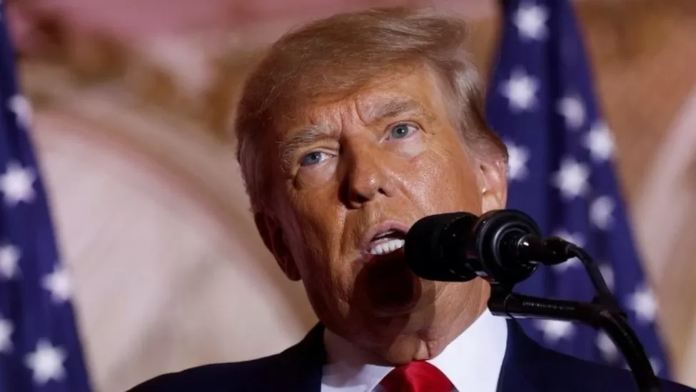In response to the recent 10 percent
tariff imposed by the United States on exports from Ghana, the Centre for
Democratic Movement (CDM) has urged the government to act swiftly by
introducing legislation that will shield Ghanaian exporters from economic
shocks. The organization has called on Parliament to expedite the establishment
of a National Export Adjustment Facility to provide support to affected
industries and reinforce the resilience of the national economy.
The CDM’s statement, issued on April
9, 2025, emphasized that the proposed facility could be financed through
petroleum revenue windfalls or special levies. The group believes this would
enable the government to offer targeted subsidies on trade logistics and
support retooling processes for industries feeling the direct impact of the
tariff. Sectors such as cocoa processing, textiles, and agricultural exports
have been highlighted as the most vulnerable under the new tariff policy.
According to CDM, the suggested
export adjustment fund is not just a temporary fix but a strategic long-term
response to protect local industries and strengthen Ghana’s global trade
competitiveness. The organization stressed the need for policies that are not
reactionary but designed with foresight and a strong legal foundation. It urged
stakeholders to avoid panic-driven decisions and rather focus on structured,
informed, and diplomatic responses.
The organization’s release also
advocated for a recalibration of the government’s flagship One District, One
Factory (1D1F) initiative. CDM proposed that the initiative should pivot toward
export-driven goals by encouraging value addition and processing of raw
materials. This approach, they said, would reduce the country’s dependency on raw
exports and increase Ghana’s earnings from international markets.
The CDM’s call comes at a time when
Ghana’s trade landscape is facing renewed scrutiny. The newly imposed tariffs
by the US have generated concern among policymakers, traders, and industry
leaders, who fear that local businesses may struggle to remain competitive on
the international stage without adequate state support.
CDM’s stance is that the time has
come for Ghana to reinforce its trade policy framework and create institutional
safeguards that support exporters during global market disruptions. The
proposed legislation and adjustment facility would not only provide financial
cushioning but also help businesses maintain jobs and operational stability.
In a strongly worded appeal, the CDM
reminded leaders of their duty to act in the national interest and place
Ghana’s long-term economic stability above partisan interests. “Let our
response be measured, informed by law and diplomacy, and driven by the
collective good of the Republic. Ghana first. Always,†the statement read.
The group also encouraged the
government to work closely with international trade bodies, such as the African
Continental Free Trade Area (AfCFTA) and the World Trade Organization (WTO), to
explore legal and diplomatic remedies. Engaging with these platforms could open
up new trade opportunities, resolve disputes, and boost Ghana’s position in
global commerce.
The CDM has joined a growing number
of stakeholders calling for a national strategy to deal with the ripple effects
of the tariff policy. As debates continue within trade and business circles,
the call for swift legislative action has gained momentum, with many agreeing
that proactive government intervention could be the key to preventing long-term
damage to the country’s export sector.
The United States’ decision to
introduce a 10 percent tariff on Ghanaian goods has been viewed by analysts as
part of a broader adjustment in its global trade strategy. Although the
specific reasons for the move are still being evaluated, its impact on
developing economies like Ghana is already being felt. With several businesses
facing increased export costs, the need for immediate action has become more
urgent than ever.
The CDM’s proposal serves as a
timely reminder that Ghana must not only respond to international economic
pressures but also strengthen its internal systems to withstand future shocks.
Many local exporters, especially small and medium-scale enterprises, have
expressed concern about staying afloat in a rapidly changing global trade
environment without the kind of support being proposed.
The Centre’s policy recommendation,
if taken seriously by government and implemented in the near term, could help
stabilize the economy and secure Ghana’s position in competitive export markets.




No comments yet
Be the first to share your thoughts!